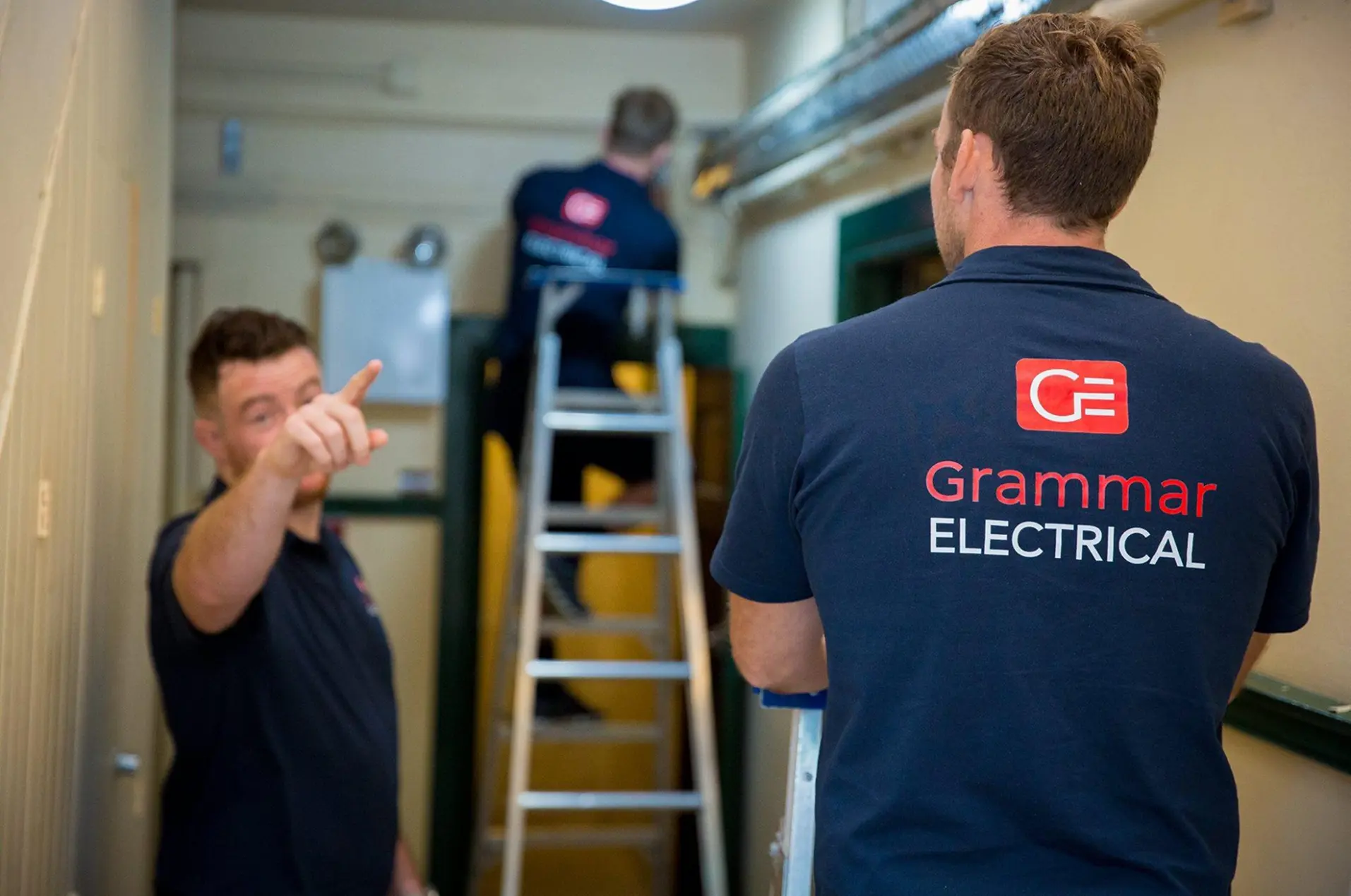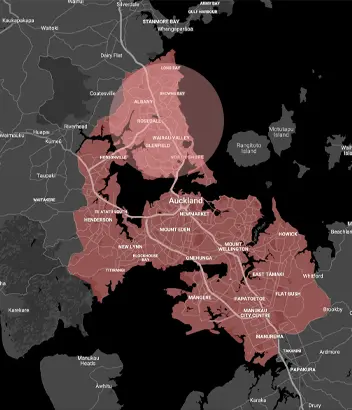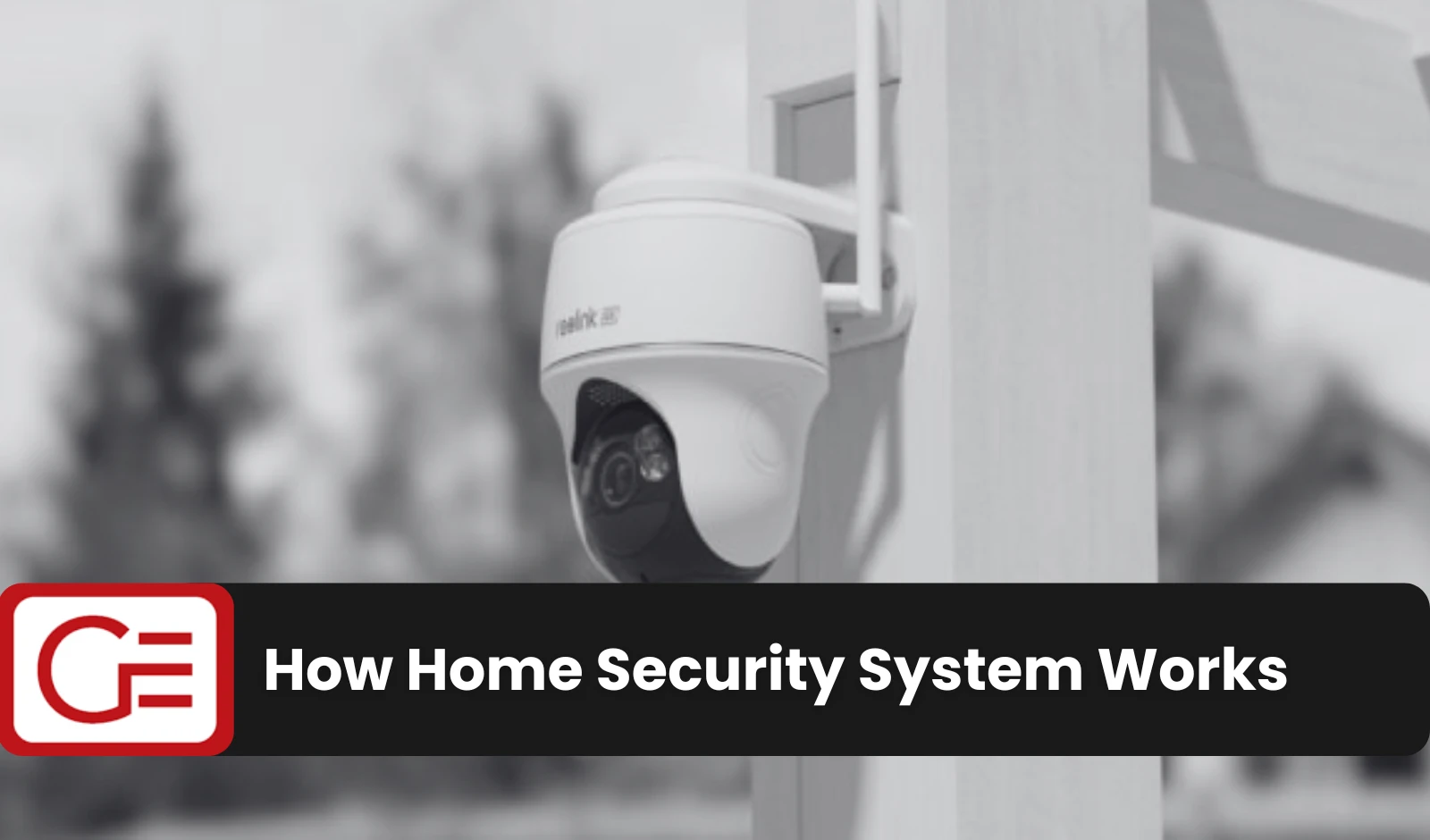Key Differences Between Commercial and Industrial Electricians: Why You Need A Specialist
-min.jpg)

-min.jpg)
Key Differences Between Commercial and Industrial Electricians: Why You Need A Specialist
When it comes to electrical systems, whether for a business establishment or an industrial facility, the expertise required goes beyond the capabilities of a general electrician. Commercial and industrial electricians play distinct roles, each catering to the unique demands of their respective settings. In this blog, we'll delve into the key differences between these two types of electricians and explain why enlisting a specialist is crucial. We'll also explore how Grammar Electrical, a leader in the field, can provide the specialised services your business needs.
Understanding the Distinct Roles: Commercial vs. Industrial Electricians
Commercial Electricians:
Commercial electricians are experts in handling electrical systems within commercial spaces such as offices, retail stores, restaurants, and other similar settings. They focus on tasks like installing, maintaining, and repairing lighting systems, data cabling, fitouts, electrical panels, and security and CCTV. Their work environment tends to involve lower electrical loads compared to industrial settings. Let's take a closer look at the unique responsibilities, challenges, and skill sets associated with each category:
1. Diverse Environments: Commercial electricians operate in a wide array of environments, ranging from office spaces and retail stores to restaurants and entertainment venues. Their work revolves around ensuring proper electrical functionality to support the activities carried out in these spaces.
2. Lighting and Power Distribution: A major focus of commercial electricians is the installation, maintenance, and repair of lighting systems and power distribution setups. They are skilled in optimising lighting for aesthetics and functionality, creating a comfortable atmosphere for customers, employees, and visitors.
3. Energy Efficiency: With an emphasis on cost-effective solutions, commercial electricians often work to enhance energy efficiency. This includes recommending and implementing energy-saving lighting fixtures and systems that contribute to reduced operational expenses.
4. Low Voltage Systems: Commercial spaces frequently incorporate low voltage systems such as security cameras, fire alarms, and data networks. Electricians specialising in this area are proficient in installing and maintaining these systems to ensure safety and communication.
Industrial Electricians:
Industrial electricians, on the other hand, are trained to manage complex electrical systems found in heavy-duty industries such as manufacturing plants, factories, and production facilities. These settings often involve high-voltage equipment, machinery, and motors that demand specialised knowledge for installation, maintenance, and troubleshooting.
1. Complex Machinery and Equipment: Industrial electricians operate in high-demand environments with complex machinery and equipment. They are responsible for the installation, maintenance, and repair of intricate electrical systems that power heavy-duty machinery and production lines.
2. High-Voltage Expertise: Industrial settings often involve high-voltage equipment that requires specialised knowledge to manage safely. Industrial electricians possess the expertise to work with these high-power systems, minimising the risk of accidents.
3. Motor Control: Motors play a critical role in industrial facilities, driving various processes. Industrial electricians are well-versed in motor control systems, ensuring that motors function optimally and that any issues are promptly addressed to prevent production interruptions.
4. Troubleshooting: Identifying and rectifying electrical problems swiftly is essential in industrial settings where downtime can result in significant financial losses. Industrial electricians are skilled troubleshooters who can diagnose complex issues efficiently.
5. Rigorous Safety Protocols: Due to the heightened risk associated with high-voltage systems and heavy machinery, industrial electricians adhere to rigorous safety protocols. Their training includes hazard identification, risk assessment, and the use of personal protective equipment.
Why You Need a Specialist:
- Expertise in Complex Systems: Industrial and commercial electrical systems vary significantly in terms of complexity. A specialist Master Electrician possesses the expertise to navigate the intricacies of their designated environment.
- Safety Considerations: Safety is paramount in both commercial and industrial settings, but the potential hazards differ. Industrial electricians are well-versed in dealing with high-power equipment and machinery, ensuring safety protocols are rigorously followed.
- Compliance and Regulations: Both commercial and industrial settings are subject to specific electrical codes and regulations. A specialist Master Electrician is up-to-date with these requirements, reducing the risk of non-compliance.
- Efficiency and Reliability: Specialised Master Electricians understand the unique demands of their sector. Their targeted experience leads to efficient solutions and more reliable electrical systems, minimising downtime and optimising productivity.
Grammar Electrical: Your Trusted 24/7 Specialist
When it comes to ensuring the functionality, safety, and compliance of your electrical systems, Grammar Electrical stands as a trusted name in the industry. Here's how we can help:
- Tailored Solutions: Grammar Electrical provides specialised services tailored to both commercial and industrial settings, addressing unique challenges with precision.
- Experience and Expertise: With a team of experienced New Zealand Registered Master Electricians that hold the knowledge to handle the complexities of both commercial and industrial sectors. They possess the Practising Licence, and Safepower Assured, which covers all electrical work including a $20,000 guarantee.
- Safety First: Grammar Electrical places utmost importance on safety. Their industrial electricians are well-equipped to handle high-voltage equipment while strictly adhering to safety protocols.
- Code Compliance: Staying updated with electrical codes and regulations is second nature to Grammar Electrical, ensuring your systems meet all necessary standards.
- Efficiency and Reliability: By choosing Master Electrician commercial or industrial specialists, you're investing in the efficiency and reliability of your electrical systems. Grammar Electrical's track record speaks for itself in delivering top-notch solutions.
Recognising the distinctions between commercial and industrial electricians is vital for maintaining the functionality and safety of your business or industrial facility. Hiring a Master Electrician specialist like Grammar Electrical ensures that you're receiving expertise tailored to your specific needs. Don't compromise on the quality of your electrical systems; choose specialists who understand the nuances of your sector.
Auckland’s Trusted Electricians
Fast, reliable electrical repairs, installations & upgrades - available 24/7.
Book Online & Save $15
Got a question?
Contact us for a FREE installation quote or book your job online today.
Same Day Service Guarantee - Terms & Conditions

The "Same Day Service Guarantee or it's Free" applies to:
a. Residential work and Commercial only.
b. Jobs specified as needing same day service when booking a job by phone or online.
c. Residential and Commercial work booked with Grammar Electrical:
i) Before 11:00AM
ii) For calls or online bookings received after 11:00AM, the customer will be offered a job. Booking for the next business day and normal callout fees ($170+ GST) will apply.
iii) Any other jobs booked outside business hours (9:00AM - 5:00PM Monday- Friday) will incur after hours charges.
iv) This offer is excluded for jobs booked on New Zealand public holidays.
d. If Grammar Electrical are unable to attend on the same day (within 24 hours) for a job booked by the customer, the standard callout fee of $170 + GST will be waived and is free, but all other normal charges, fees and expenses will apply to perform the Electrical Services and to provide any products/materials concerning those services.
e. The Standard Callout Fee will be deducted from your bill as long as you pay within your invoice's due date. The callout charge is applicable if your invoice is overdue.
f. If Grammar Electrical are willing and able to perform the Service or provide the Goods on the same day the job is booked, however the Customer for whatever reason does not give access to their property on the day, Grammar Electrical will be deemed to have complied with it's "Same Day or it's Free" guarantee and shall be entitled to charge the customer the standard call-out fee.
g. This offer is not a guarantee of work being completed. The completion of the job will depend on stock availability and also the amount of work required.

























